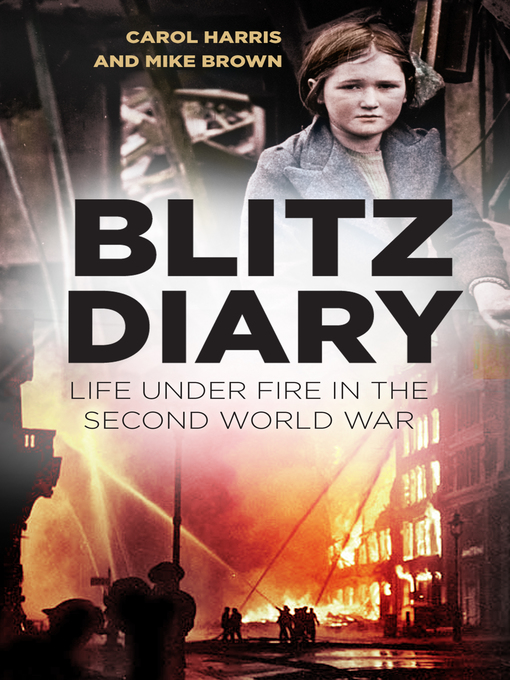- Available now
- Newly Added eBooks
- Most popular
- Newly Added Kids
- Newly Added Teen eBooks
- Try something different
- Read a Classic
- See all ebooks collections
- Available now
- Newly Added Audiobooks
- Most popular
- Newly Added Kids Audiobooks
- Newly Added Teen Audiobooks
- Hidden Gems
- See all audiobooks collections
